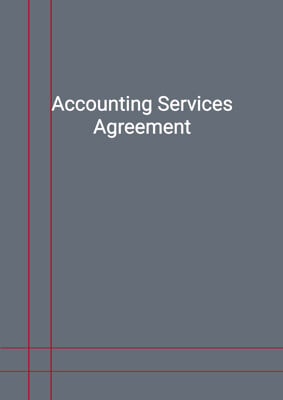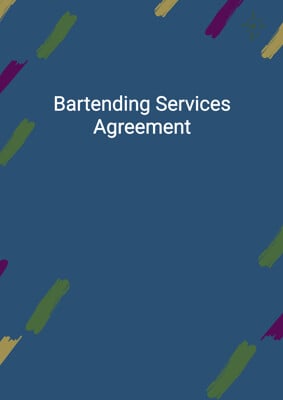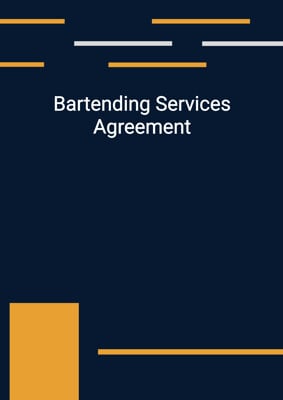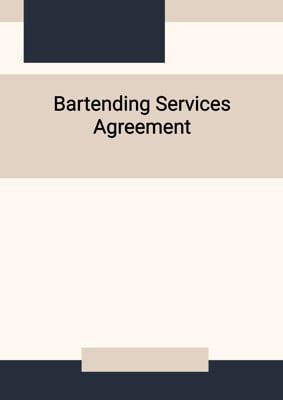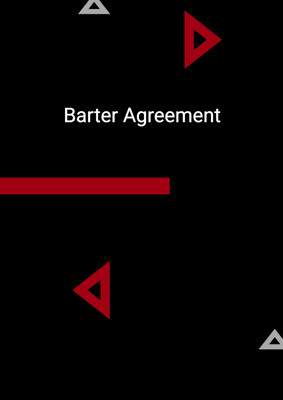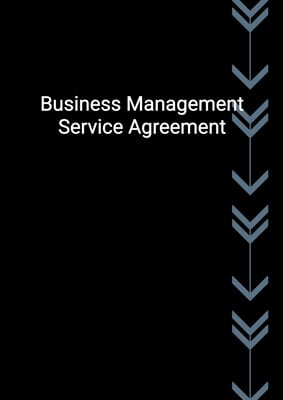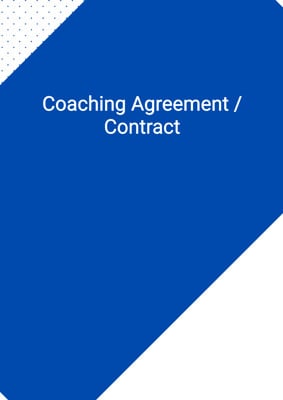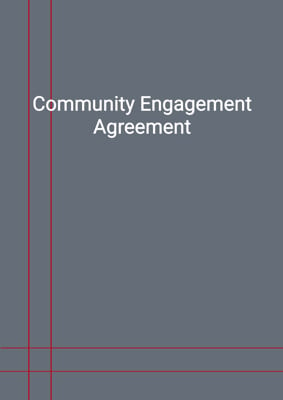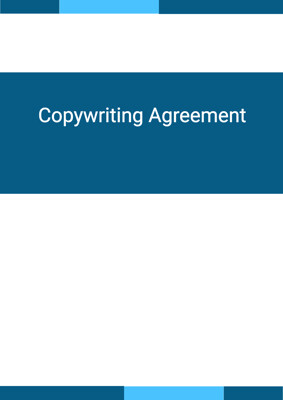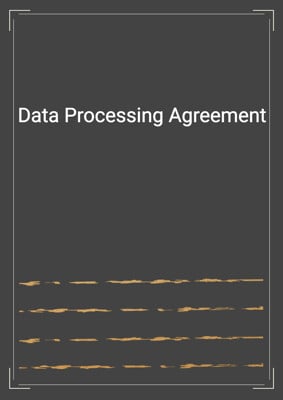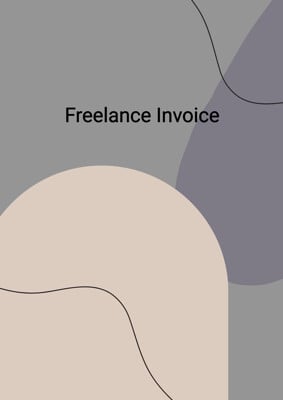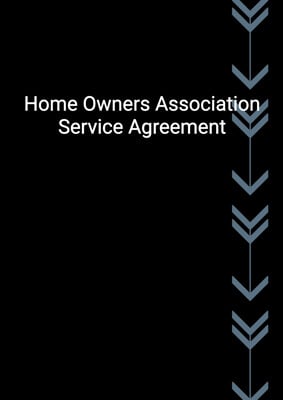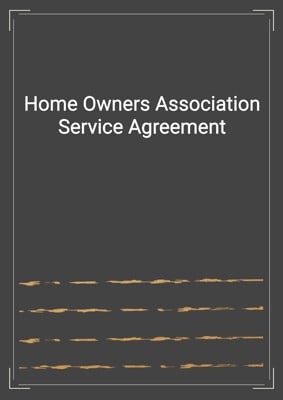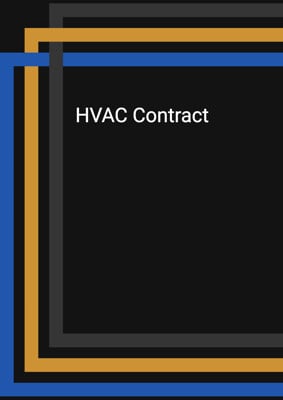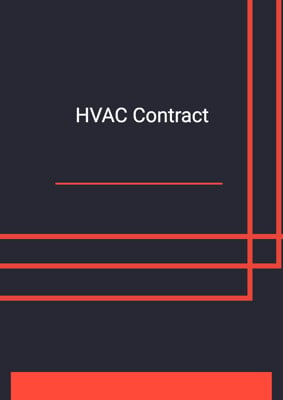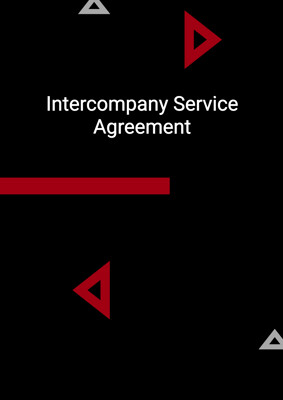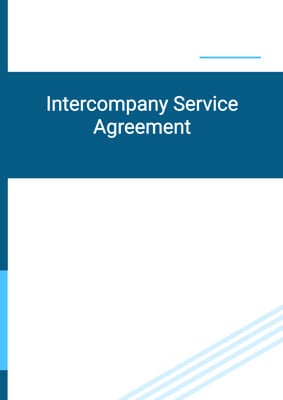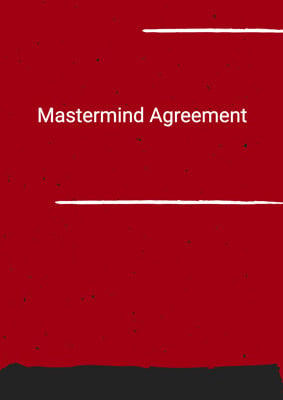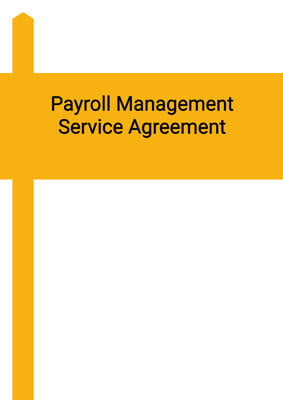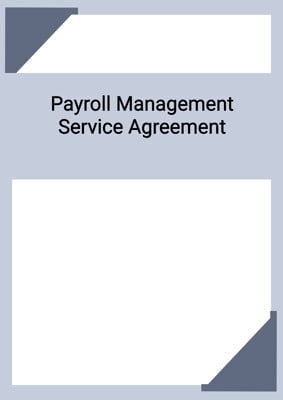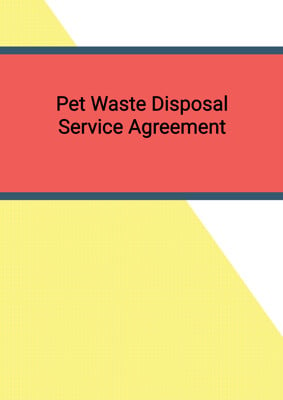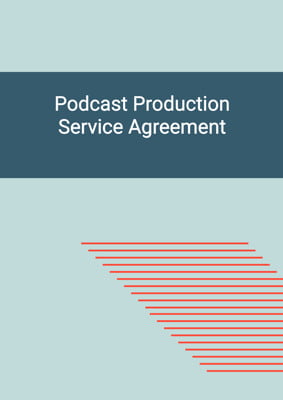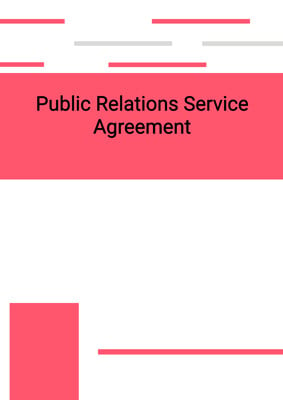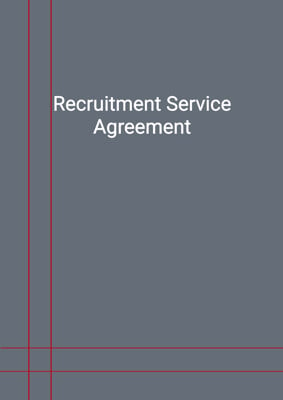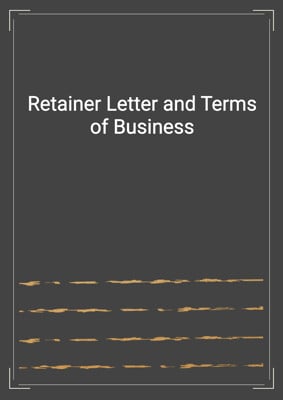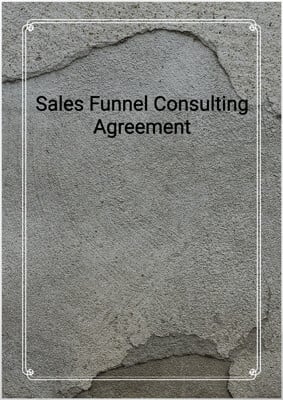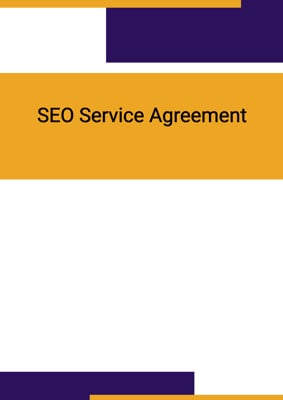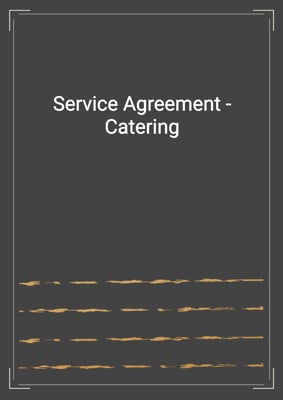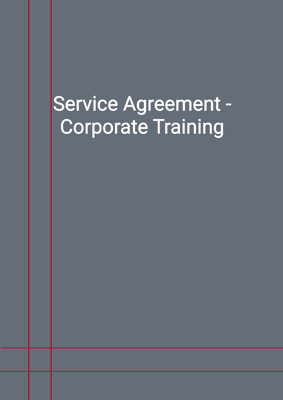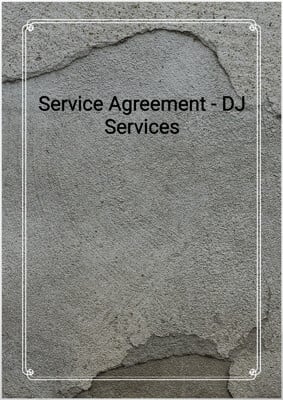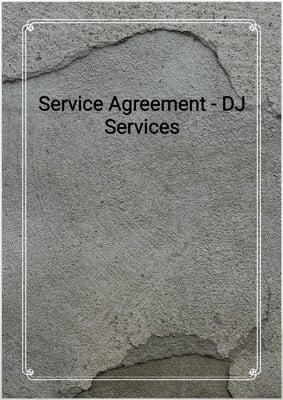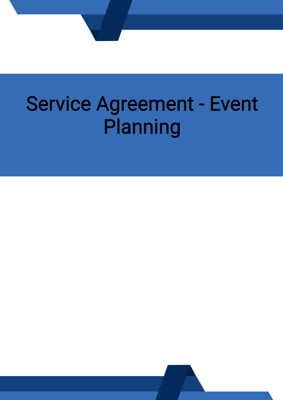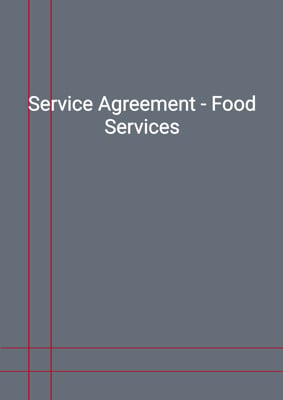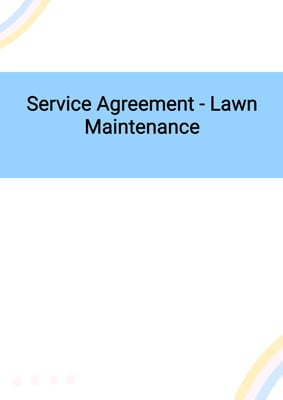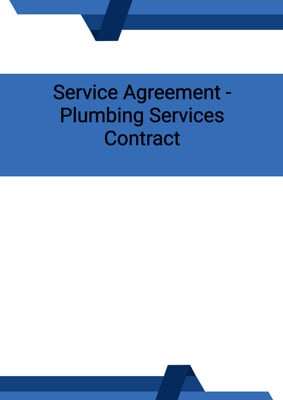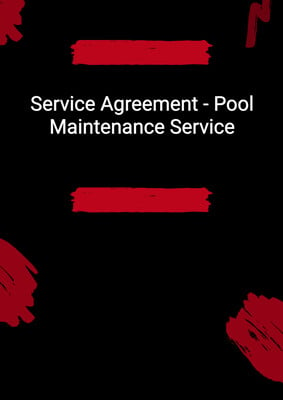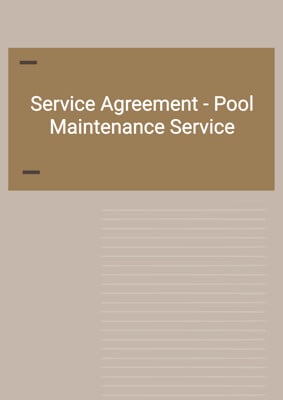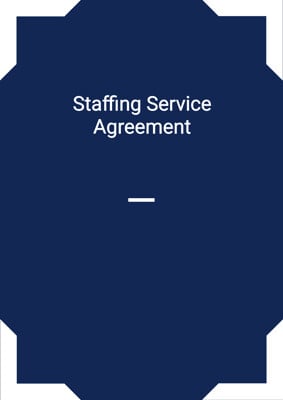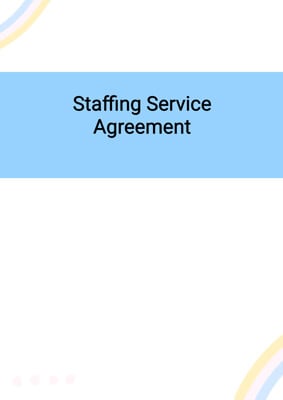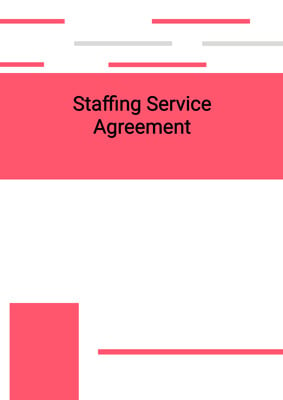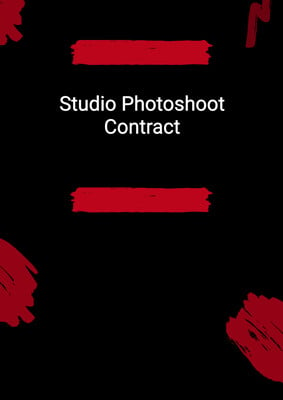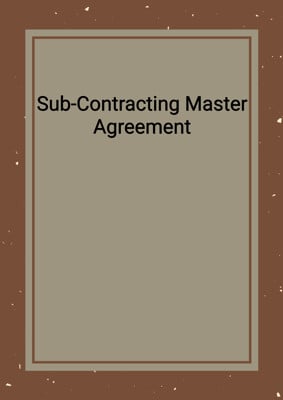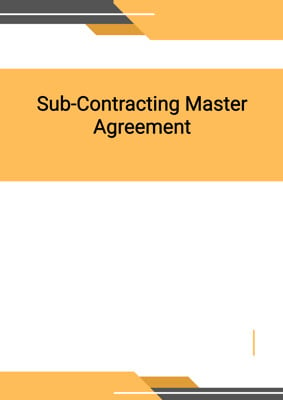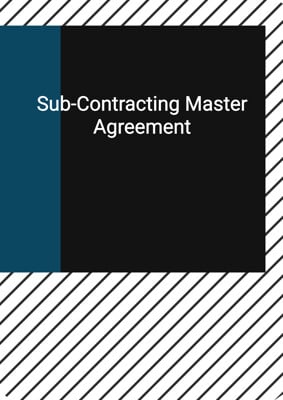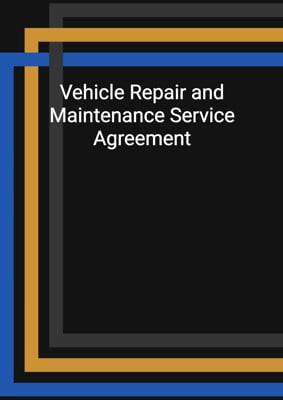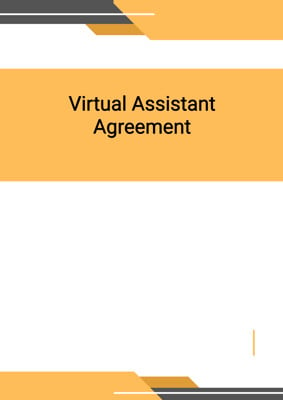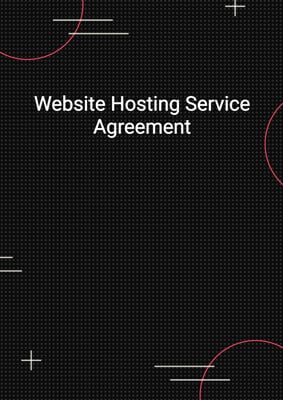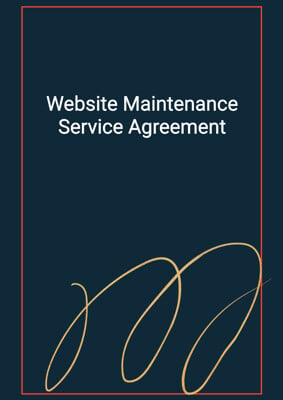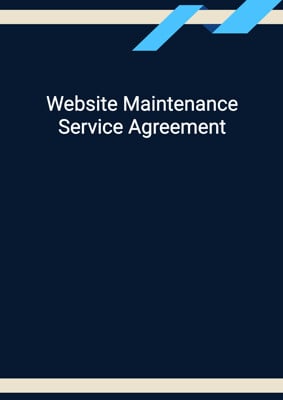How to Tailor the Document for Your Need?
01
Create Document
Fill in the details of the parties. You can click the "Fill with Member’s Information" button to complete it with information saved to your account.
02
Fill Information
Please fill in any additional information by following the step-by-step guide on the left hand side of the preview document and click the "Next" button.
03
Get Document
When you are done, click the "Get Document" button and you can download the document in Word or PDF format.
04
Review Document
Please get all parties to review the document carefully and make any final modifications to ensure that the details are correct before signing the document.
Document Preview
Document Description
This Service Agreement - Web-Designing Agreement is a legally binding document that outlines the terms and conditions between the servicer and the customer for the provision of website design services. The agreement highlights the importance of the document by emphasizing the need for clear identification of both parties and the scope of work.
The entire document is divided into several sections, each addressing specific aspects of the agreement. The introduction provides background information about the servicer and the customer, stating their respective businesses and the purpose of the agreement. The interpretation section defines key terms used throughout the document, ensuring clarity and understanding.
The servicer's obligations section outlines the responsibilities of the servicer, including the provision of services, representation of skills and expertise, and the creation of an original website. It also emphasizes the need for compliance with laws and regulations and the importance of following customer instructions.
The customer's obligations section highlights the customer's responsibility to provide necessary data, documents, and content to the servicer for the successful completion of the services.
The independent contractors section clarifies that both parties are independent contractors and not in an agency, joint venture, employment, or partnership relationship.
The schedule section sets out the agreed timeline for the delivery of deliverables, including the initial draft, client feedback, and final design.
The completion of the work section emphasizes the importance of timely completion of services and the consequences of non-completion, including the entitlement to liquidated damages.
The service fees section outlines the payment terms, including the service fee, invoicing process, and reimbursement of expenses incurred by the servicer.
The content section highlights the need for the customer to provide necessary content and materials for the services and the servicer's responsibility to use them in accordance with licenses and warranties.
The licenses and insurance section states the servicer's obligation to obtain necessary licenses and maintain appropriate insurance coverage.
The warranties, representations, and indemnities section includes warranties and representations from both parties and the servicer's indemnification of the customer against any expense, liability, loss, or claim arising from personal injury or death.
The disclaimer of warranties section clarifies that the servicer does not guarantee any specific results or outcomes from the website created.
The limitation of liability section states that neither party shall be liable for any damages resulting from any part of the agreement.
The term and termination section outlines the duration of the agreement and the conditions for termination by either party. It also specifies the obligations of the servicer upon termination.
The ownership of materials section states that materials and goods delivered to the site become the property of the customer, and all intellectual property developed under the agreement belongs to the customer.
The confidential information section highlights the servicer's obligation to maintain confidentiality of the customer's information and return it upon termination.
The announcements/publicity section requires prior written approval for any announcements or disclosures related to the agreement.
The amendment section states that any variations to the agreement must be in writing and signed by the parties.
The assignment section prohibits the servicer from assigning the agreement or sub-contracting without the customer's consent.
The severability section states that if any provision of the agreement is deemed illegal or unenforceable, it shall not affect the remaining provisions, and the parties shall negotiate a valid substitute provision.
The further assurance section requires the parties to perform all acts and execute all documents necessary to implement the agreement.
The warranty of capacity and power section confirms that each party has the authority and capacity to enter into and carry out its obligations under the agreement.
The force majeure section states that neither party shall be liable for any failure or delay in performing its obligations due to causes beyond their control.
The no rights under contracts for third parties section clarifies that only the parties to the agreement have the right to enforce its terms.
The arbitration and proper law section encourages amicable resolution of disputes and specifies the proper law governing the agreement.
The notices and service section outlines the methods and timing of serving notices between the parties.
The counterparts section allows the agreement to be executed in multiple counterparts, with each counterpart considered an original.
How to use this document?
1. Enter the Contractor's and Customer's information in the agreement, including their principal place of business. This ensures clear identification of both parties.
2. Clearly specify the agreed price and completion date of the work to be carried out by the Contractor. This ensures that both parties are aware of the expectations and deadlines.
3. Clearly describe the type(s) of services to be provided by the Contractor. This ensures that both parties are aware of the scope of work and can avoid any misunderstandings.
4. Both parties should agree on the length of warranty and time of payment after the completion of the work. This ensures that both parties are aware of the payment terms and the length of the warranty.
5. If the work is not completed by the completion date, specify the amount of damages per week that the Customer is entitled to. This ensures that both parties are aware of the consequences of non-completion.
6. Enter the service fee and payment schedule. The servicer should invoice the customer in a timely manner and provide itemized invoices for any expenses incurred.
7. The servicer should keep records of all expenses and obtain written consent from the customer for any expenses exceeding a certain limit.
8. If there is a dispute with an invoice, the customer should notify the servicer in writing with supporting documentation.
9. The servicer should use their own supplies and equipment unless otherwise agreed upon.
10. The customer should provide all necessary data, documents, and content to the servicer promptly.
11. The servicer should obtain any required licenses and maintain appropriate insurance coverage.
12. Both parties should warrant and represent that they have the rights to use any designs or proprietary information provided.
13. The servicer should promptly notify the customer of any delays, problems, or complaints related to the services.
14. If any defect in the services is reported, the servicer should make efforts to rectify the issue.
15. The customer should credit the servicer on certain deliverables as agreed upon.
16. Time is of the essence, and prompt and timely performance of obligations is required.
17. Termination can occur by mutual agreement, written notice, or in case of breach or insolvency.
18. Upon termination, the servicer should return any customer property and receive fair compensation for completed services.
19. Materials delivered to the site become the property of the customer, and intellectual property developed under the agreement belongs to the customer.
20. The servicer should maintain confidentiality of the customer's information and return it upon termination.
21. Any announcements or disclosures related to the agreement require prior written approval.
22. Any variations to the agreement must be in writing and signed by the parties.
23. The servicer cannot assign the agreement or sub-contract without the customer's consent.
24. If any provision of the agreement is deemed illegal or unenforceable, the parties should negotiate a valid substitute provision.
25. The parties should perform all acts and execute all documents necessary to implement the agreement.
26. Each party represents and warrants its capacity and power to enter into and carry out the obligations under the agreement.
27. Neither party shall be liable for any failure or delay in performing obligations due to causes beyond their control.
28. Only the parties to the agreement have the right to enforce its terms.
29. The parties should use all reasonable endeavors to resolve any disputes amicably.
30. Notices should be served in accordance with the agreed methods and timing.
31. The agreement may be executed in multiple counterparts, with each counterpart considered an original.
Not the right document?
Don’t worry, we have thousands of documents for you to choose from:

